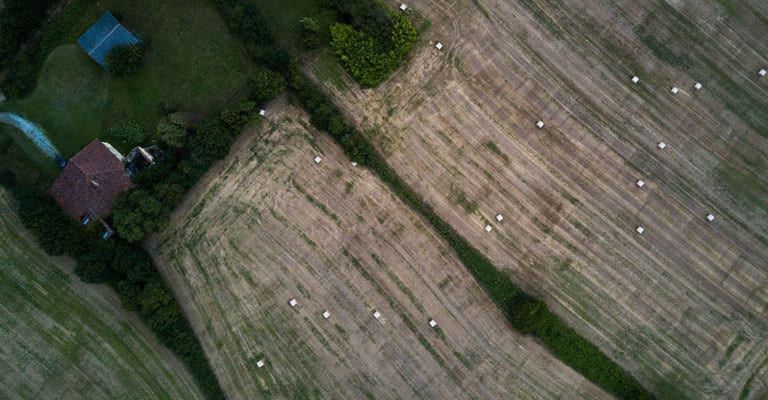
Provincial Farmland Legislation
Elevator sentence goes here.
British Columbia
British Columbia has no laws around non-resident ownership of farmland, apart from restricting transfers of crown lands to Canadians. British Columbia does have protections for farmland through the Agricultural Land Reserve program. For more information, see the page on farmland loss and protection.
Alberta
Non‐Canadian individual owners and companies are limited to a maximum of two parcels of farmland totalling 20 acres. However, Cabinet can make exceptions, as it did when Nilsson Bros sold the XL Beef plant in Brooks to the Brazilian multinational JBS. The government allowed the deal to include the 6,600-acre feedlot. Alberta also permits foreign ownership of farmland for the purposes of industrial or residential development.
Saskatchewan
Non-Canadian individual owners and companies are limited to a total of 10 acres of farmland. However, the Saskatchewan Farm Land Security Board may grant exemptions if applicants demonstrate that the purchase is “in the best interest of Saskatchewan.” The Farm Land Security Board has approved the vast majority of exemptions sought: 141 of 158 applications from 2018 to 2022, representing 716,877 acres of farmland transferred to non-resident owners.
Saskatchewan also took the step of banning pension plans from acquiring farmland in 2016. However, this step has not stopped the rise of farmland investors in the province.
Manitoba
Non-Canadian individual owners and companies are limited to a total of 40 acres of farmland. The Manitoba Farm Industry Board considers applications for exemptions, taking into account factors such as the public interest, the potential benefit to Manitoba, and the specific circumstances of the applicant. The Board is also responsible for ensuring conditions, such as obtaining permanent resident status, are met. Individual decisions are not made public; only a summary is available in the provincial agriculture department’s annual report. Thirty-three applications for exemptions, fourteen from conservation groups, were considered in 2013-14. One was denied, three were withdrawn, twenty-two were approved, and seven were still under review at the year’s end. The number of acres involved was not included in the report.
Ontario
Ontario has no laws around non-resident ownership of farmland. However, they do protect some farmland through the Greenbelt. For more information, see the page on farmland loss and protection.
Québec
Non-residents of Québec—including Canadians from other provinces—are limited to owning 4 hectares (10 acres) unless they demonstrate intent to become residents and establish themselves within four years. The Commission de protection du territoire agricole du Québec may allow a non-resident individual or company to purchase farmland after considering the intended use of the land; the impact on the price of farmland in the region, the effects on the economic development of the region, the development of agricultural products or underutilized farmland, and the effect on land occupancy. Non-residents cannot add more than 1,000 hectares (approximately 2,500 acres) per year to their holdings, but they may exceed 1,000 hectares in total with permission.
New Brunswick
New Brunswick does not have any specific legislation on farmland ownership or protection.
Nova Scotia
Nova Scotia does not have any specific legislation on farmland ownership or protection.
Prince Edward Island
Prince Edward Island has the most specific and extensive legislation around farmland ownership in Canada. For more information, see the page on the fight for farmland in PEI.
Newfoundland and Labrador
Newfoundland and Labrador does not have any specific legislation on farmland ownership or protection.
Stay informed. National and local farm news, research, policy and advocacy efforts, straight to your inbox.
Subscribe to email updates from the National Farmers Union.
Do you work in media? Contact communications@nfu.ca for media-specific communications.